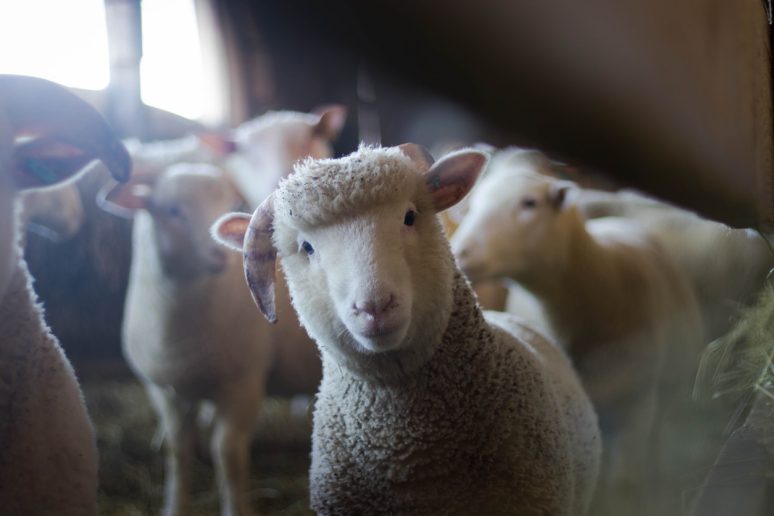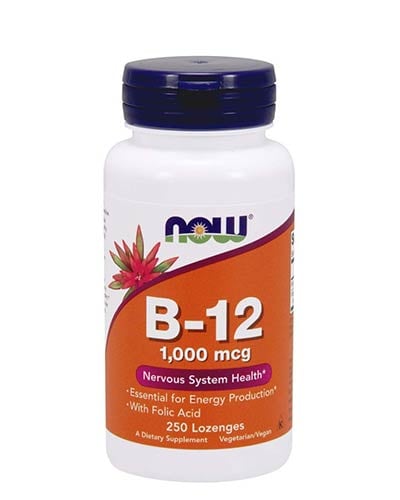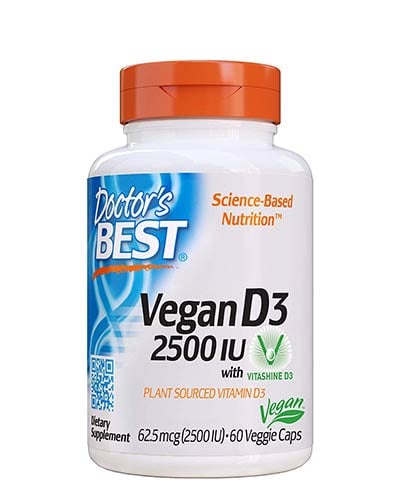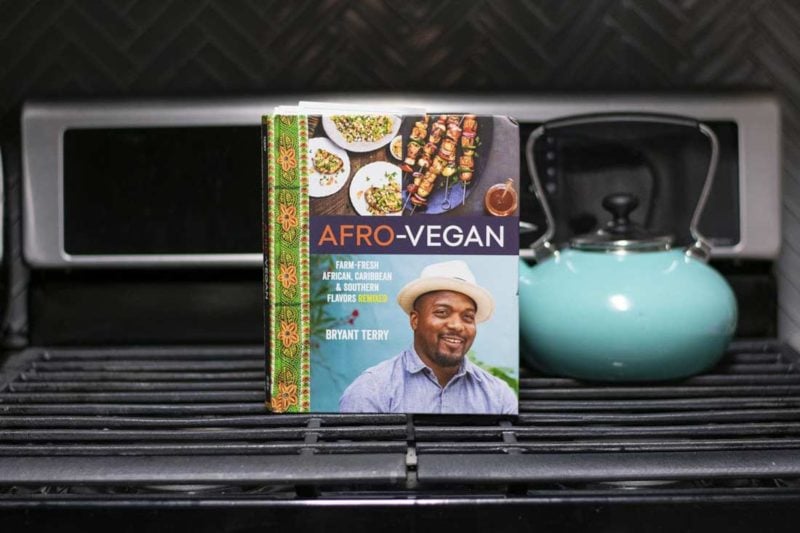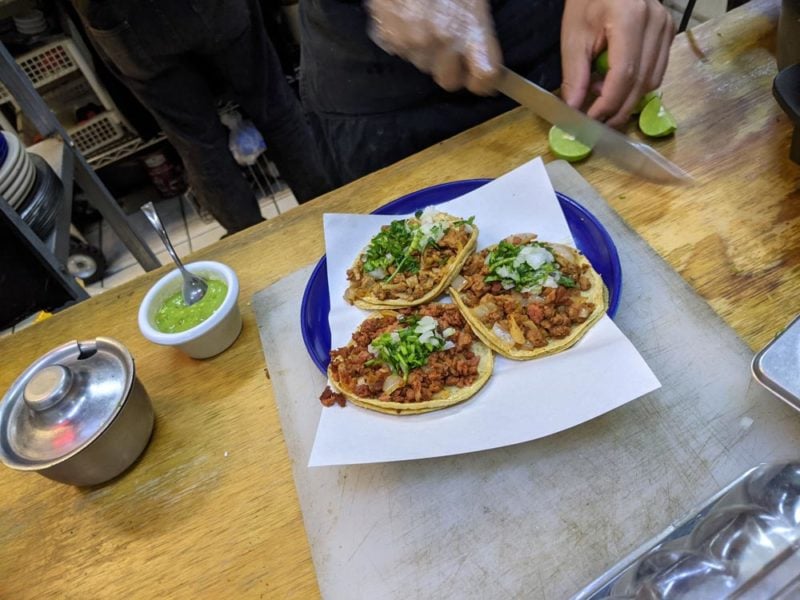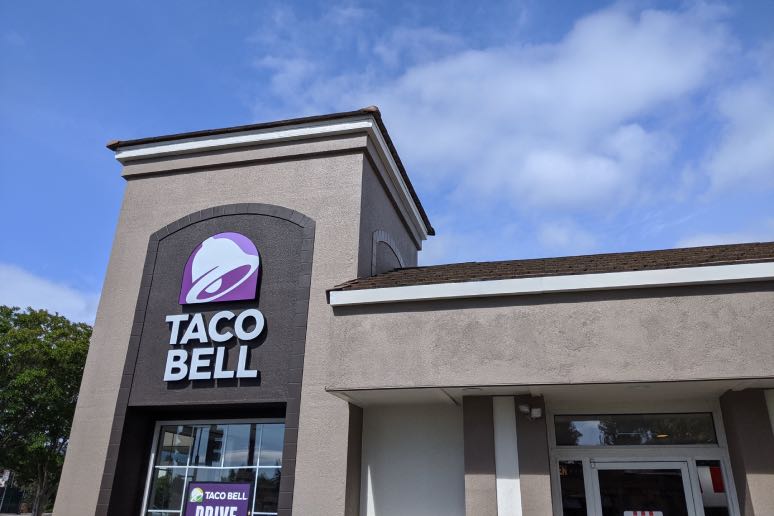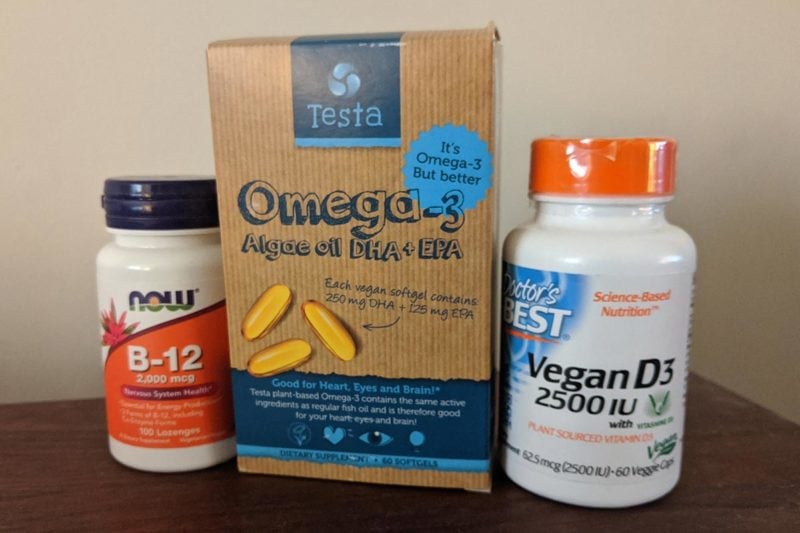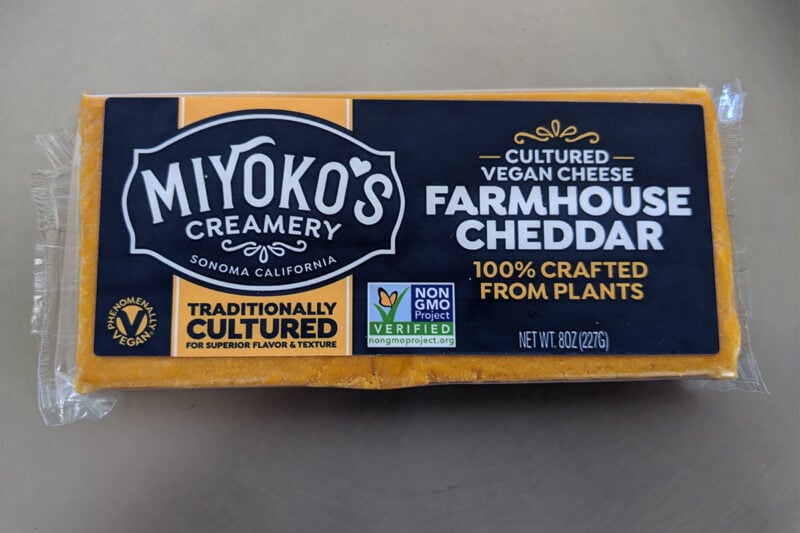There are literally dozens of nonprofit organizations that explicitly promote vegan lifestyles. Of these, most emphasize one of three approaches:
- Undercover investigations. Along with vegan advocacy, exposing the cruelties of factory farming is a critical task. And nothing has revealed these cruelties to the public like undercover investigations. These investigations are carried out by animal advocates who gain employment at factory arms, and then use a hidden video camera to document ongoing abuses. In the United States, the five organizations sponsoring most of these sorts of investigations are: Mercy For Animals, Direct Action Everywhere, Animal Outlook, People for the Ethical Treatment of Animals and the Humane Society of the United States.
- Local advocacy. A number of cities have local nonprofit groups dedicated to promoting vegan lifestyles. If there’s one near you, it’ll likely be easy to find through meetup.com.
- Farm animal shelters. Maybe the best advocates for farmed animals are the farmed animals themselves. In 1986, Farm Sanctuary pioneered the idea of rescuing animals from factory farms, and then housing them in idyllic environments, that anyone can visit, so that their stories could be told. There are now dozens of farm animal shelters in the United States.
When donating money for farmed animal protection, it’s wise to prioritize groups that work to encourage large-scale reduction of animal products–whether through vegan education or through undercover expose’s that garner widespread media attention. It’s likewise prudent to research executive compensation packages, as well as the percentage of donations that are allocated to programs rather than to fundraising.

